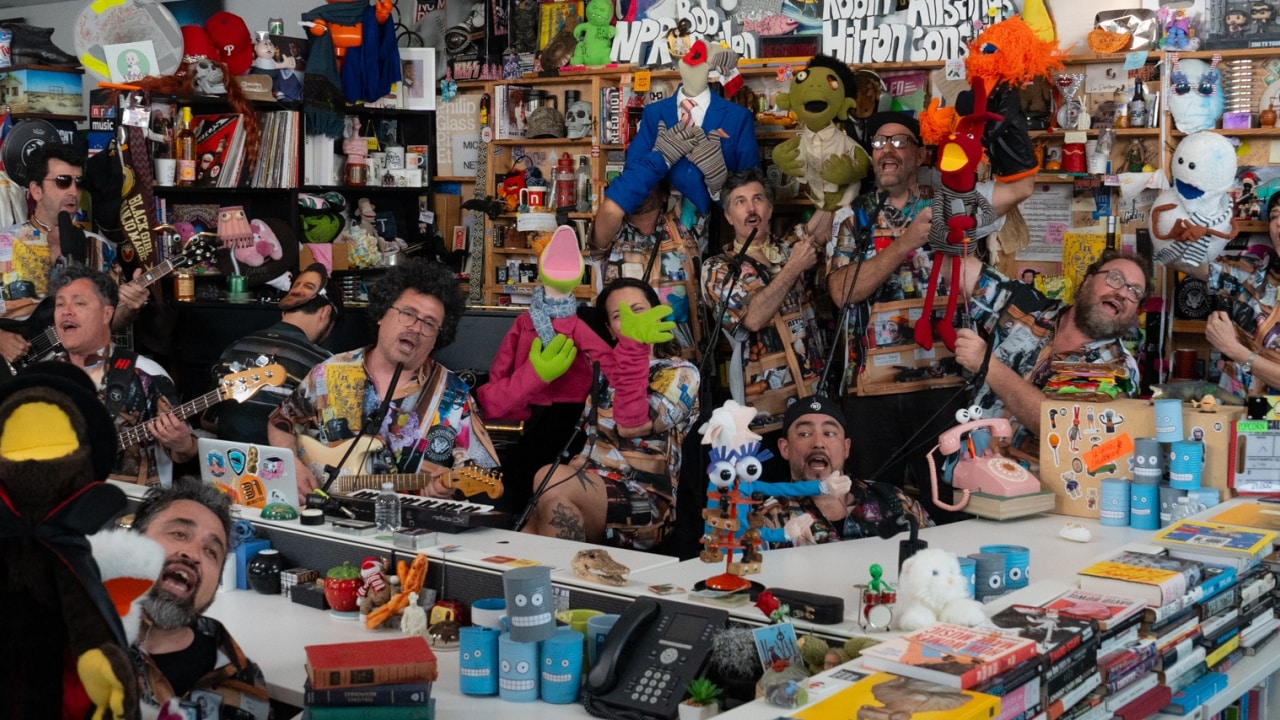US Navy SEAL Convicted Of A War Crime For Taking A Selfie With The Head Of A Teenager He Stabbed To Death Gets A Clothing Line
[wam_bridtv playerid=”17923″ videoid=”439939″ width=”1100″ height=”618″]
In September of 2018, a US Navy SEALS Special Warfare Officer came into the national media spotlight when he was charged with ten offenses under the Uniform Code of Military Justice. Edward Gallagher, who—after months of legal gymnastics—continues to hold the rank of Chief Petty Officer, was accused of stabbing to death an injured and sedated teenage prisoner of war who had been fighting for the Islamic State.
But Gallagher didn’t just commit an unjustifiable murder (which, given the context, was also a war crime)—Gallagher then took a photo of himself holding the corpse’s head by the hair, which he later sent around to his friends. In addition to this charge, Gallagher was accused of randomly killing two Iraqi civilians: a young girl walking with her friends, and an unarmed elderly man. And when fellow Navy SEALS reported Gallagher’s aggressive sniper behavior, they were often met with threats and intimidation.
Although Gallagher was respected among SEAL teams for his leadership, SEALS who served under him during his first combat platoon in 2017 in Mosul, Iraq, reported that he had become obsessed with getting in firefights, made strange and treacherous tactical decisions, and killed people in a way that did not align with military protocol.
In video interviews with investigators, first made public by The New York Times, numerous SEALS described Gallagher as dangerous, becoming deeply emotional while sharing their experiences under his command.

Credit: Facebook
“The guy is freaking evil,” Special Operator Miller told investigators. “The guy was toxic,” Special Operator First Class Joshua Vriens, a sniper, said in a separate interview. “You could tell he was perfectly okay with killing anybody that was moving,” said Special Operator First Class Corey Scott, a medic in the platoon.
In these interviews, these SEALS not only had to relive disturbing events—but they had to break a potent unwritten code of silence within the SEALS’ elite social paradigm. Their willingness to do so serves as a testament to the intensity of what they observed while they were deployed under Gallagher’s leadership.
After being acquitted on nine of the original ten charges, Gallagher was ultimately found guilty of posing for a photo with the teenager’s body and was later sentenced to demotion and a maximum of four months confinement. But President Trump ordered Gallagher’s rank to be restored, granting him clemency in spite of the many testimonies from Gallagher’s peers that reaffirmed his questionable ethics.
Presidents are usually hesitant to issue military pardons, as this type motion is often fraught with controversy and grave sensitivity. And when they do grant leniency, it is usually for non-violent crimes. Bill Clinton, George W. Bush, and Barack Obama all granted military pardons—but they waited several years to do so. Donald Trump, on the other hand, issued his first pardon to former Arizona sheriff Joe Arpaio in August of 2017 and has issued sixteen federal pardons since. After receiving his pardon in July of 2019, Gallagher retired from the Navy will full honors the following November.
Since his retirement from the military and the controversial trial that preceded it, Gallagher has shifted his focus in a new entrepreneurial direction: he has started his own lifestyle brand in collaboration with the veteran-owned and -operated clothing brand Nine Line Apparel.
Described as a “coastal lifestyle brand with an edge,” Gallagher’s line—called Salty Frog Gear—is geared toward male outdoor enthusiasts who enjoy drinking, fishing, and spending time on the shooting range. With T-shirts slogans like “Stay Salty” and “Unleash the Tempest,” Salty Frog Gear embodies a certain macho sensibility, something Gallagher seems to be channeling into his new career as an “influencer.”
Using his contentious past as fuel for his growing social media presence, Gallagher is exploring more than just the world of outdoor apparel—according to The New York Times, he and his wife have also ventured into the realm of dangerously sassy clothing, creating an online shop with T-shirts that liken the Navy (and the SEALS that testified against Gallagher in court) to “mean girls.” He promotes several right-wing veteran groups that promote a certain vehement nationalism, including We Kill Bad Dudes, the company that made the knife Gallagher was accused of using to kill the teenage captive. But beyond the world of clothing and gear, Gallagher has also used Instagram as a platform to advocate for a slew of other products, from veteran-owned coffee beans to nutritional supplements.
Regarding his collaboration with these different brands and companies, Gallagher wrote: “I was afforded the opportunity to work with both Nine Line Apparel and Black Rifle Coffee Company to help promote our collaborative line with Nine Line, ‘Salty Frog Gear.’ These two veteran-owned companies set the bar for brotherhood and showing the country it’s not just a statement but a way of life.”




